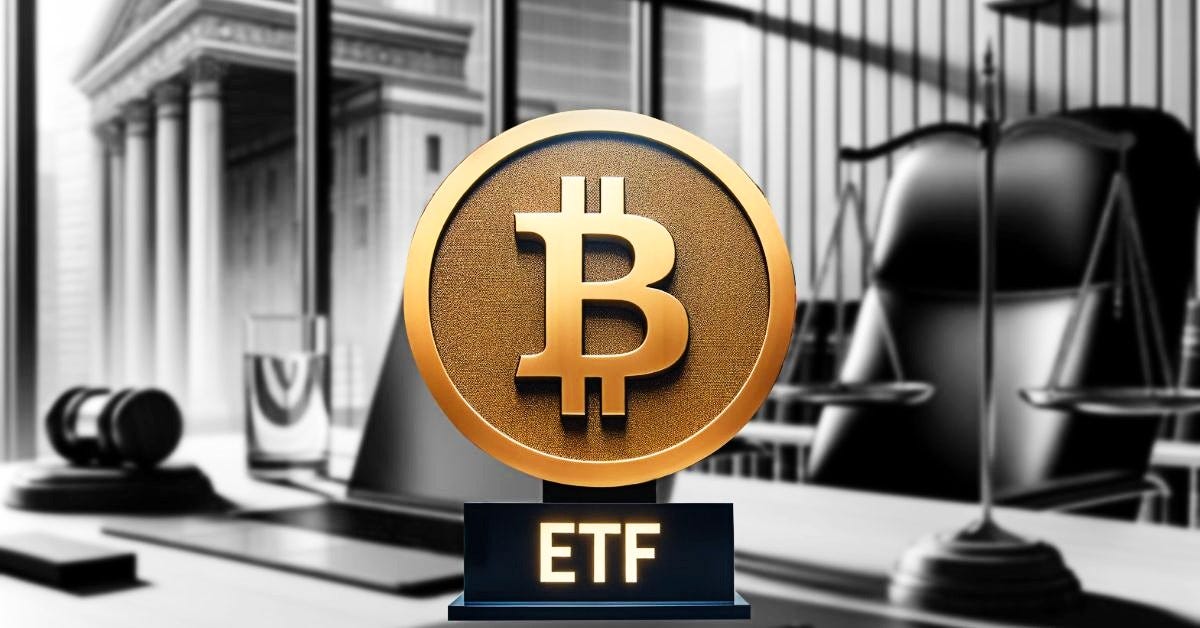Cryptocurrency ownership is decentralized, belonging to individuals who hold the assets. Each owner has a digital wallet with unique cryptographic keys.
Cryptocurrency represents a shift from traditional centralized financial systems to a decentralized digital economy. Ownership is unique to each user who possesses the private keys to their digital wallets. Unlike traditional banking, no single entity controls these digital currencies; instead, distributed ledger technology, such as blockchain, secures and records transactions.
With the advent of Bitcoin in 2009, the concept of ownership in the financial sphere was redefined. Users across the globe can transact directly without the need for intermediaries, granting them complete control over their digital assets. As the market expands, understanding cryptocurrency's decentralized nature is crucial for participants eager to navigate this innovative financial landscape.
The Basics Of Cryptocurrency Ownership
Understanding cryptocurrency ownership starts with knowing what cryptocurrencies are. They are digital or virtual currencies that use cryptography for security. A decentralized system records all transactions across many computers.
Ownership of cryptocurrency means having control over a digital asset. This control comes from holding unique digital keys. These keys allow you to move your cryptocurrency. Without them, your assets are locked away.
| Private Key | Public Key | Cryptocurrency Wallet |
| A secret code you must keep safe. | A visible code that others can see. | A secure place to store your keys. |

Credit: medium.com
Decentralized Networks And Anonymity
Ownership of cryptocurrency is defined by its technology, blockchain. The blockchain is a public ledger that records all transactions. Every coin is tied to a specific blockchain address.
Ownership is secured by private keys; a secret code that proves ownership. Consequently, private key holders exercise full control over their assets. This secures their anonymity as identities are not directly linked to transactions.
Privacy and anonymity differ in crypto usage. Privacy keeps details hidden, whereas anonymity shields the user's identity. Crypto provides both, but anonymity is a key feature, enabling users to transact without revealing their identities.
Regulatory Landscape And Ownership Implications
The cryptocurrency realm experiences diverse global regulations. Countries enforce varied rules affecting ownership rights and usage. Users should understand their local laws to navigate potential obstacles effectively. Cryptocurrencies like Bitcoin and Ethereum are not owned by anyone—they are decentralized. Yet, governments around the world are creating regulations to manage them.
Taxation is a vital concern for crypto holders. Tax authorities in many countries view cryptocurrencies as assets or property. Hence, taxes on gains must be paid. The legal status of cryptocurrencies also leads to compliance considerations. Consequently, holders face hurdles such as anti-money laundering (AML) and know your customer (KYC) regulations.
Ownership is not just about possession. It includes understanding and adhering to these laws. Hence, crypto owners must stay informed and compliant with current and evolving regulations globally.

Credit: medium.com
Case Studies: Ownership Disputes And Resolution
Crypto ownership disputes can get very complex. Legal battles often determine who really owns the digital assets. Courts sometimes struggle with crypto's new challenges. One famous case involved a fight between business partners.
A second case had family members in court over a lost key to a crypto wallet. Smart contracts show promise in preventing such battles. They automatically manage, control, or document legally relevant events according to the terms of a contract.
The Future Of Crypto Ownership
The world of crypto currency ownership is rapidly changing. New technologies are arriving. They are shaping who owns what in the digital currency space. Blockchain innovations improve how we secure our digital wealth. These tools guarantee ownership rights better than ever before.
Smart contracts now represent a major shift. They change how we deal with digital assets. NFTs (Non-Fungible Tokens) are creating new types of ownership. These tokens link to unique items. People can own digital art, music, or collectibles. It is all recorded on the blockchain.
Future rights and protections are also facing changes. Legislators and tech experts are in talks. They discuss how laws can support crypto users. Through this, they aim to protect your digital assets more. The goal is to make owning crypto safe for all. Crypto custody services become more reliable and user-friendly too.

Credit: news.bitcoin.com
Frequently Asked Questions On Who Owns Crypto Currency
Who Is The Actual Owner Of Cryptocurrency?
The owner of cryptocurrency is the individual who possesses the private keys to access the specific wallet holding the crypto assets. Cryptocurrency ownership is decentralized, meaning that it's not tied to any government or financial institution.
Can You Legally Own Cryptocurrency?
Yes, you can legally own cryptocurrency in most countries, provided you comply with the relevant regulations, tax codes, and legal frameworks. Always consult your local laws, as the legal status can vary.
How Do You Prove Ownership Of Cryptocurrency?
Ownership of cryptocurrency is proven through cryptographic keys. The person with the unique private key that controls a wallet's address can sign transactions and is considered the owner of the assets within.
What Happens To Crypto If The Owner Dies?
If a cryptocurrency owner dies without sharing their private keys or making arrangements, the assets may be inaccessible. Estate planning, including crypto assets, is essential to prevent loss.
Conclusion
Ownership in the crypto universe is a complex and evolving landscape. The keys to your digital assets lie with you, providing unprecedented autonomy. It's a new era of financial sovereignty, where users are the true custodians of their wealth. Embrace the revolution wisely, ensuring you navigate the intricacies of cryptocurrency with due diligence and a keen understanding of its potential and pitfalls.
